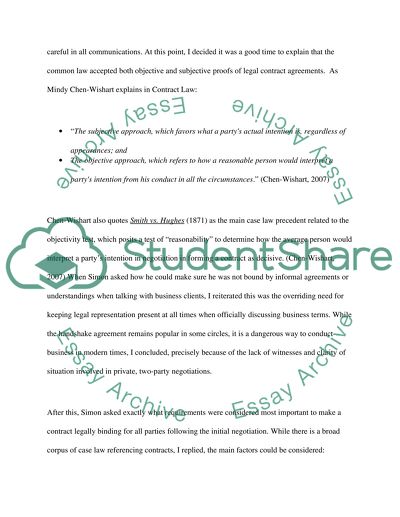Cite this document
(“Faculty of Business Environment and Society Essay”, n.d.)
Retrieved from https://studentshare.org/environmental-studies/1405292-faculty-of-business-environment-and-society
Retrieved from https://studentshare.org/environmental-studies/1405292-faculty-of-business-environment-and-society
(Faculty of Business Environment and Society Essay)
https://studentshare.org/environmental-studies/1405292-faculty-of-business-environment-and-society.
https://studentshare.org/environmental-studies/1405292-faculty-of-business-environment-and-society.
“Faculty of Business Environment and Society Essay”, n.d. https://studentshare.org/environmental-studies/1405292-faculty-of-business-environment-and-society.


